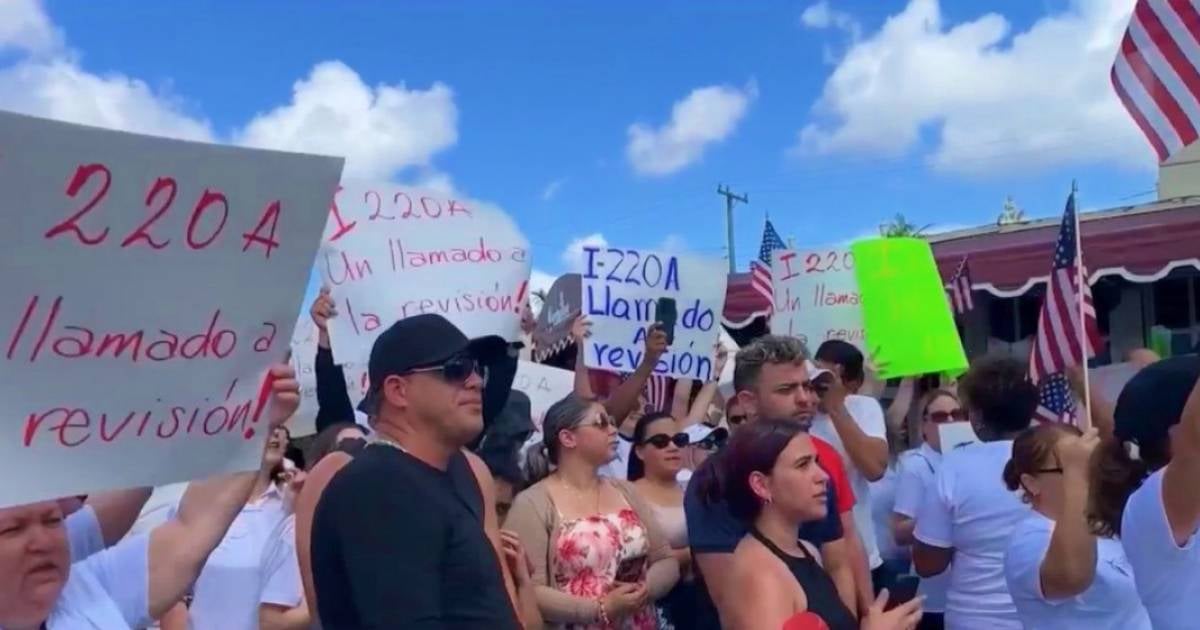The Freedom of Information Act (FOIA), established in 1966, aims to provide U.S. citizens with access to certain federal government records. This law allows individuals to request access to documents and records from the Executive Branch, including data from federal agencies such as the U.S. Citizenship and Immigration Services (USCIS).
Cubans holding forms I-220A or I-220B should be familiar with FOIA as it can be a critical tool for obtaining information about their immigration files.
Understanding What FOIA Can Provide
FOIA ensures public access to information held by federal government agencies, with some exceptions. Records containing personal privacy information, confidential business data, or law enforcement details may be exempt. This law is particularly useful for those needing specific government documents, such as their own immigration files or those of family members, provided they have the necessary permissions.
Over the years, FOIA has been amended to enhance its functionality, notably by the FOIA Improvement Act of 2016, signed by former President Barack Obama, which introduced more streamlined procedures for processing document requests.
Why FOIA is Crucial for Cubans with I-220A or I-220B
Forms I-220A and I-220B are issued by USCIS in immigration cases involving parole or supervision in the United States. FOIA is invaluable for many Cubans who have received these forms, as it allows them to request their immigration records and identify crucial information to resolve their legal status in the country.
Accessing these records is essential for preparing appeals, complying with immigration procedures, and gaining a better understanding of their legal situation. By requesting these documents, Cubans with I-220A or I-220B can obtain details not always readily available, such as immigration history, inter-agency communications, or decisions made by immigration officials.
Submitting a FOIA request online through the USCIS website can provide the necessary information to advance their cases more quickly and efficiently.
Steps for Filing a FOIA Request
Those interested in filing a FOIA request should start by carefully reviewing the government's instructions on official websites to ensure they are requesting the correct documents. It is advisable to check if the records are already available in the USCIS Electronic Reading Room before making the request. Additionally, the U.S. government recommends requesting only the specific documents needed for the immigration process to expedite the procedure.
Once a request is submitted, the status can be tracked online. When the documents are ready, the requester will receive an email to access and download the files digitally, saving time compared to traditional mail processing.
FOIA is a powerful tool that grants citizens, including Cubans with I-220A or I-220B, the right to request pertinent information for their immigration cases in the U.S. Stay informed about your case to make the best legal decisions with your attorneys regarding your status in the country.
